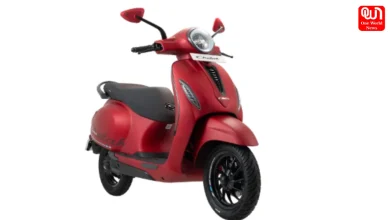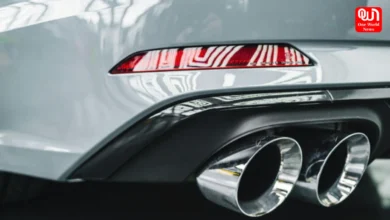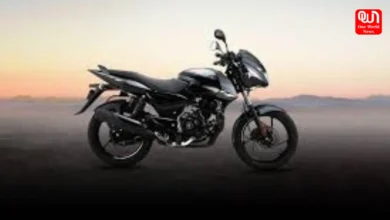10 Things to Keep Handy if You Drive a Taxi in India
Check out the 10 essentials you should have if you drive a taxi in India
10 Things You Cannot Forget if You Drive Taxi in India
The taxi business is booming in India. It has employed numerous people and provided them a full-time or part-time livelihood. However, while driving a taxi in India, it is crucial to keep certain things handy to comply with the traffic and RTO rules. What are these must-have essentials for our taxi drivers in India? Let’s find out!
Read more: Court Grants Bail to SUV Driver in Coaching Centre Deaths, Citing Police ‘Over-enthusiasm’
Driving Taxi in India: 10 Must Vital Remembers
Here are the 10 things you should have while driving a taxi in India:
1) Minimise Trouble with Complete Documents
You should always carry the complete set of your vehicle’s documents while driving. These normally include the registration certificate, driving license, pollution under control (PUC) certificate, fitness certificate, insurance policy, etc. You can create a folder of all the documents and put them in your taxi drawer.
2) Keep Everything Online with Digilocker
While you always carry documents physically, you can use technology to store them electronically. Digilocker is a great mobile application that allows you to store all your government and related documents electronically and access them anytime, anywhere. Electronic copies of your documents are as valid as physical documents.
3) Renew Your Vehicle Insurance Timely
Insurance is mandatory for all vehicle drivers. Keep your taxi insurance renewed and active. This will help you comply with the laws and ensure compensation in accidents.
4) Always Follow Traffic Rules
You should always follow the traffic rules at all costs. Most cities are equipped with cameras that facilitate electronic challan generation. If you break the rule and get captured on CCTV, an electronic challan will be generated. By the time you know the amount, it will have already surged.
5) Electronics are Important
If you undertake long journeys, you should always carry certain electronic accessories, such as mobile chargers and powerbanks. These are important to ensure you always stay connected.
6) Have an Active PUC Certificate
A PUC certificate, like vehicle insurance, is also mandatory for vehicles in India. A PUC ensures that your vehicle is causing pollution below the prescribed statutory limit. You should always have an active PUC to avoid any challenges if you get caught by the police. You can get a PUC within minutes from a petrol pump (if they provide this service).
7) Check Vehicle RC
The Registration Certificate shows details of car ownership. You should go through your vehicle RC details thoroughly to check for errors. This includes vehicle details, model, year of manufacture, engine number, chassis number, owner’s details, etc. If you find anything wrong, you should immediately correct it to avoid future trouble.
8) A Valid Driving License
Having a valid driving license is a must for everyone. Without a license, you cannot drive vehicles on the roads. Therefore, if you wish to drive a taxi, begin by applying for and obtaining a valid driving license.
9) A First Aid Kit
While you exercise utmost caution while driving, accidents can happen. You should always have a first aid kit in your vehicle to ensure prompt treatment in case any mishap occurs. Bandages, a list of emergency numbers, adhesive tape, wipes, medicines, etc., are essentials in the kit!
10) Tool Kit for Instant Repairs
Your taxi can break down anytime, whether a simple puncture or a mechanical problem. You should always have a tool kit in your taxi encompassing all the important tools to repair your vehicle or at least bring it back to driving condition until you reach your nearest garage.
In a Nutshell
Ensuring compliance with the regulations and prioritising safety is paramount while driving a taxi. Insurance, a first aid kit, a tool kit, complete documents, etc., can save you from unwanted trouble.
Also, active insurance is imperative as it is a crucial financial safety net. It ensures that any personal injuries or vehicle damages incurred do not pose a substantial financial burden.
For taxi insurance, you can choose between comprehensive and third-party coverage. Comprehensive insurance provides complete protection for you, your taxi, and a third person.
In contrast, third-party insurance provides protection only for liability towards a third person. Always strive to keep the above things handy to enjoy a smooth ride and provide the best passenger experience.
We’re now on WhatsApp. Click to join
Like this postRegister at One World News to never miss out on videos, celeb interviews, and best reads.








